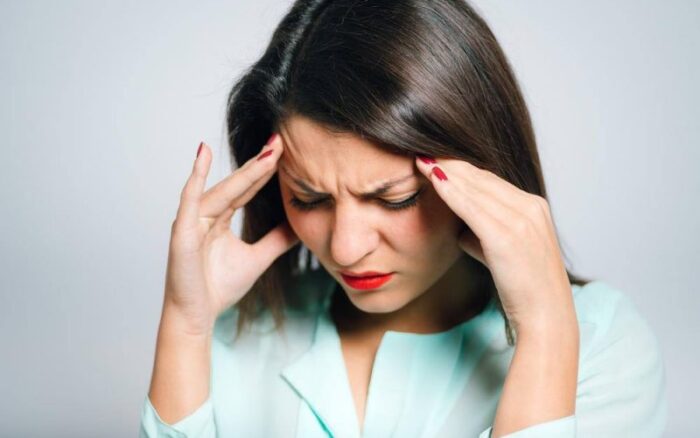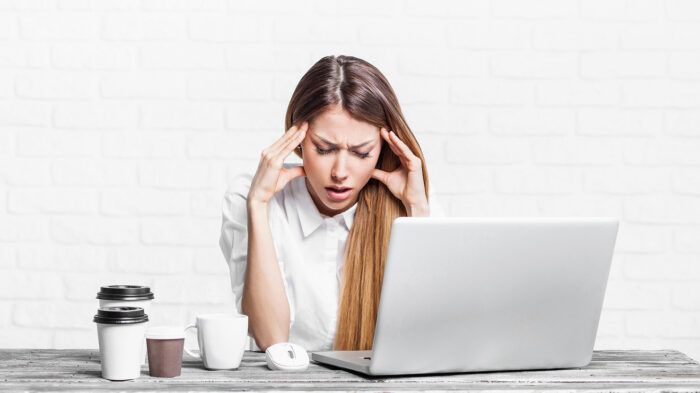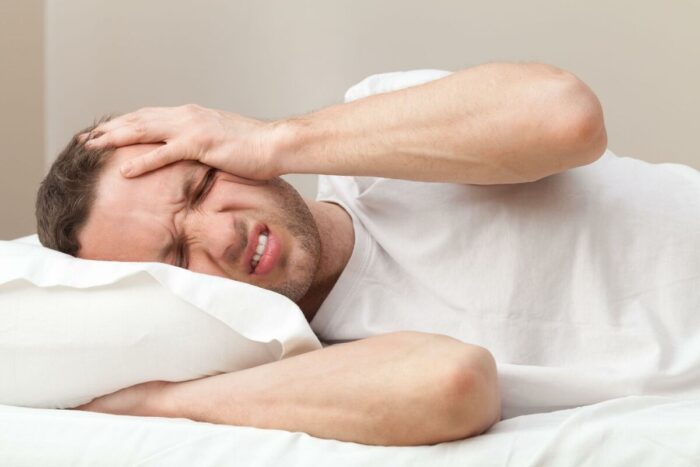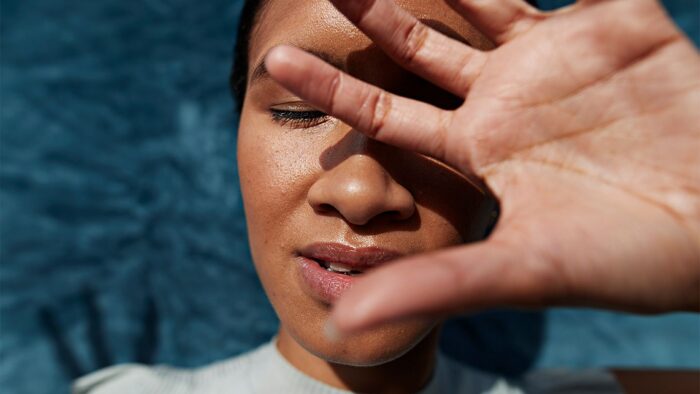A migraine is a severe form of headache that often distinguishes itself with warning signs called auras. It tends to affect one side of the head, but it can affect the entire head.
Usually, the throbbing or pulsating pain is so intense that it leaves the individual unable to function normally.
According to surveys, the condition affects approximately 1 out of 6 Americans, making it a common public health concern.
Researchers don’t exactly understand what causes migraines, and there is no cure for the condition at the moment. However, a combination of preventive measures, natural remedies, and medications can help manage the condition.
Table of Contents
Migraine Triggers
It is understood that genetics and environmental factors contribute to the onset of a migraine. While researchers can’t yet pinpoint the exact cause of migraine, they are aware of the various triggers.
For people predisposed to migraines, understanding these triggers is crucial, especially those that apply to them personally.
Knowing what triggers your migraine puts you in a preposition to better manage the problem. You may be able to prevent or minimize the severity of future attacks.
Let’s highlight some of the common migraine triggers:
1.Hunger and Thirst

For some people, long periods without food or water can trigger a migraine. If you were in this group, taking note of situations where you’re skipping meals or drinking little is vital to figuring out at which point a migraine sets in.
It’s unknown how hunger and thirst trigger migraines, but it may have to do with the lack of nourishment.
One survey found that insufficient fluids contributed to headaches, suggesting dehydration has a possible connection to migraines.
People suffering from migraines should avoid going for long periods without food and must take care not to get dehydrated. If the migraine has already started, ensuring you’re not hungry or thirsty may offer relief or make it less severe.
2.Emotional Stress

Stress is linked to many health problems, like high blood pressure, diabetes, and heart disease. It’s no wonder this psychological problem is considered a major migraine trigger.
According to reports by the majority of people struggling with migraines, stress triggered migraine attacks. Up to 80% of people with migraines suffer attacks at a higher frequency due to stress.
If you tend to get migraines when you’re stressed, learning to manage your stress helps to reduce the frequency of your migraines.
3.Alcohol

It’s known that alcohol can cause nasty headaches as after-effects, also known as hangovers. That is a clear connection between alcohol and headaches, but does it trigger a specific headache like a migraine?
A few studies have been able to link migraines to alcohol, and that’s besides reports from patients. These reports place red wine at the top of the list of alcoholic drinks with a higher chance of causing a migraine.
However, regardless of the type, alcohol remains a common migraine trigger.
It’s always best to moderate alcohol intake, as it helps avoid other health problems. Know your limits, and try to avoid exceeding those limits if you’re predisposed to migraines.
4.Odors

Some people have an adverse reaction to certain odors or strong smells. For people with migraines, such aversions to specific smells or smells that are too strong can trigger a migraine.
In fact, aversion to specific or intense odors is a common migraine symptom, and exposure can worsen the pain.
If you have specific smells you dislike, especially during a migraine, avoiding exposure would be the best way to reduce the severity of your condition.
And if you’re not sure which smells actually trigger your migraine, avoid strong smells like those of chemicals, fuel, spices, and perfumes.
5.Certain Foods

Certain foods can trigger migraines in some patients, especially foods containing artificial sweeteners like aspartame and flavor-enhancing additives like monosodium glutamate (MSG).
While there isn’t much evidence that MSG can trigger migraines, public reports seem to tie the additive to the onset of painful headaches.
Keep in mind that what affects someone else may not affect you and vice versa. Try to identify food triggers that personally affect you and avoid them whenever possible, especially when there are signs that you may get a migraine soon.
6.Caffeine Drinks

For lots of people, caffeine is great for getting them started for the day. It has stimulating properties that can make you feel more awake. But there’s a downside.
Some researchers have found that too much caffeine can trigger a migraine. Basically, if you tend to take copious amounts of the stimulant, be it in coffee, tea, or energy drinks, you risk triggering a splitting headache.
It’s also common knowledge that sudden withdrawal can result in bad headaches for people used to caffeine.
As a migraine patient, it’s advisable to take caffeine in moderation and avoid going without for prolonged periods if you’re used to it.
7.Loud Sounds

Loud sounds and noises may not have a direct link to migraines, but they do cause headaches for people sensitive to extra-loud sounds. If you tend to have migraines, exposure to over-the-top sounds will most likely trigger an episode.
It’s easy to tell if you’re sensitive to loud sounds. You may find that you get headaches when you attend concerts or go to the theaters.
Avoiding exposure to extremely loud sounds is the best way to eliminate this migraine trigger.
8.Bright Light

Patient reports suggesting that bright light triggers migraines. It appears that both natural and artificial lights have the same effect.
While bright light doesn’t trigger migraine in everyone with the condition, it often worsens a migraine that has already started.
If you have a problem with bright light, sunglasses or a hat can help limit sunlight exposure. You may also want to get bulbs you can dim and avoid glare from your devices.
During the onset of a migraine, staying indoors and dimming your lights helps to minimize the pain.
Final Words
You may not be able to get rid of your migraines forever, but understanding what triggers them is huge. Finding ways to manage those triggers may reduce the frequency of your migraines or save a lot of pain during one.
Aside from taking note of your triggers, work with your healthcare provider to improve your coping mechanisms.

